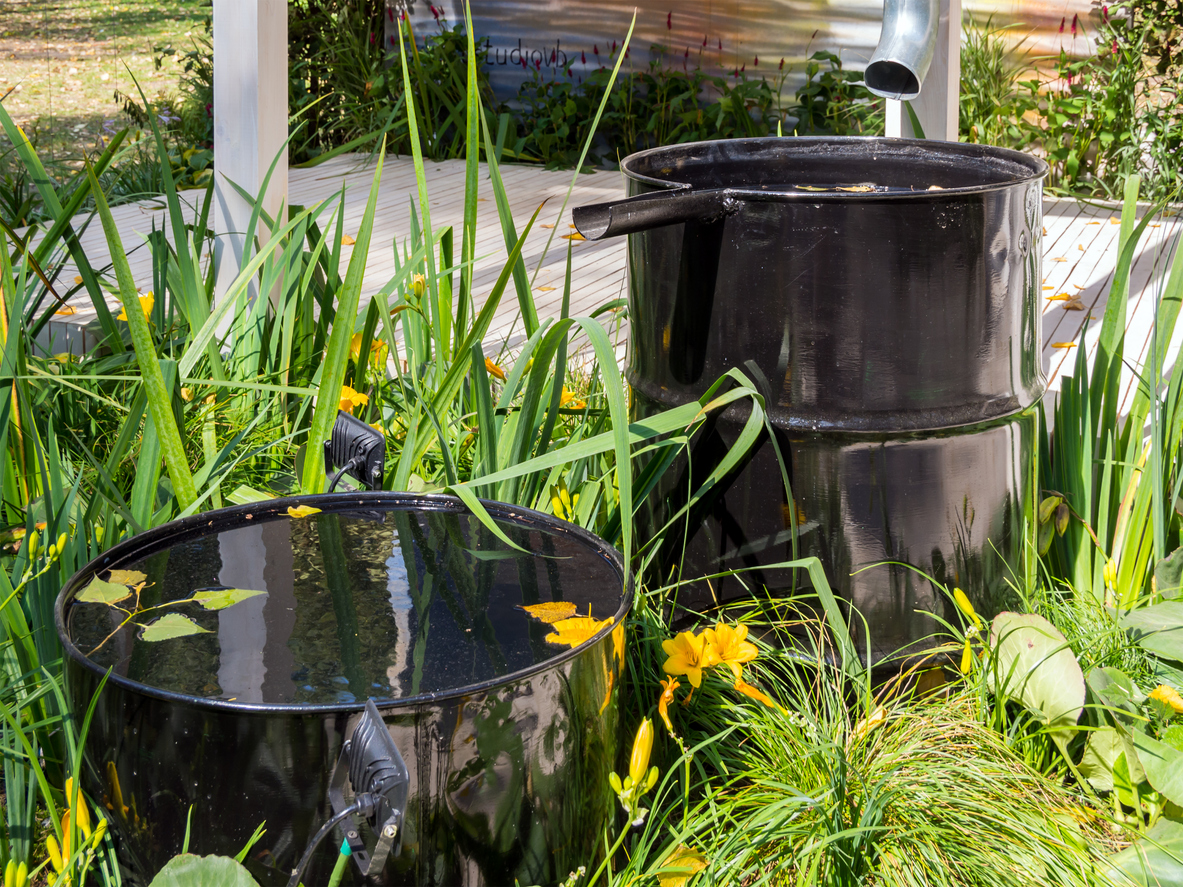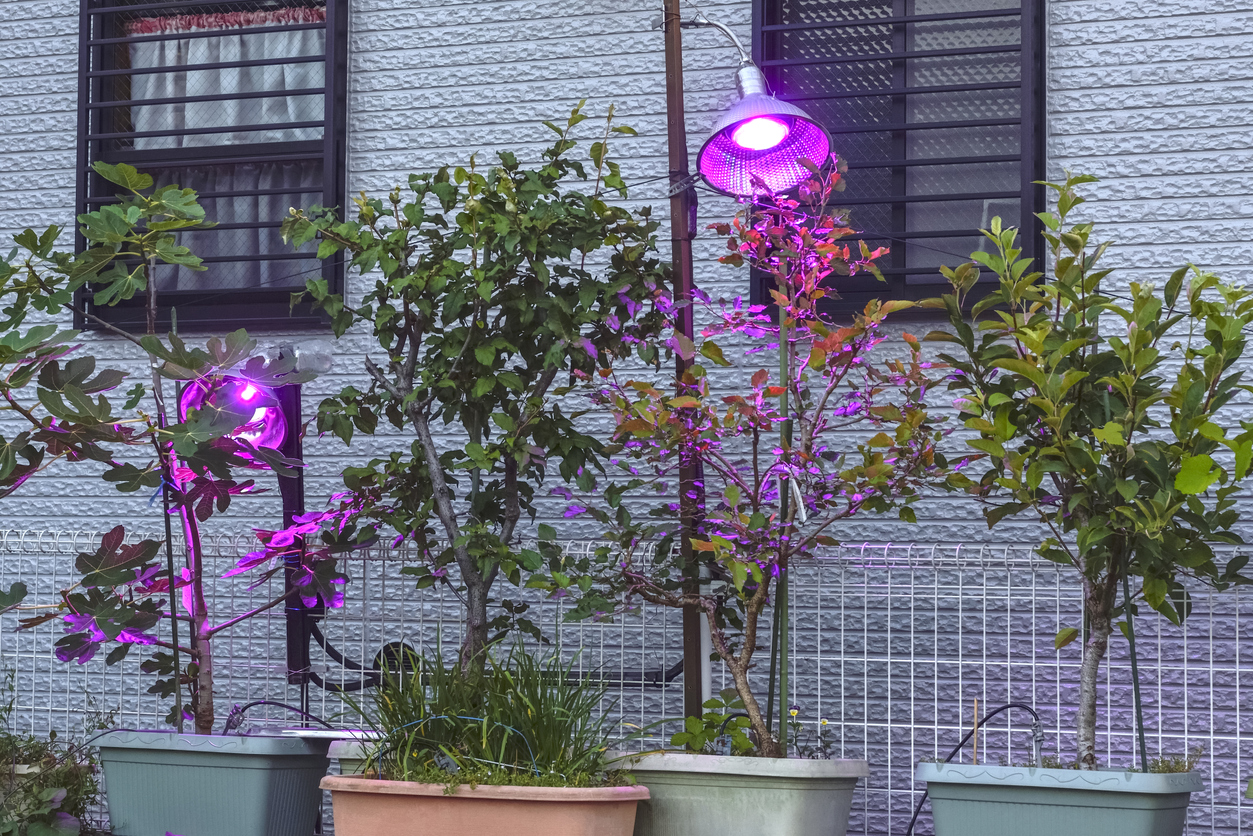
What Impact Can Climate Change Have on Workers’ Job Environments? 6 Things to Be Aware Of
You change your plans to have a picnic in the park when the sun disappears behind thunderstorm clouds, but that’s not the only way weather affects people. Global warming can also impact workers’ job environments across industries. Learning how climate change may impact people while they work could make you safer on the job and a better advocate for your team members.
1. Higher Temperatures Intensify Dehydration
Hot weather requires frequent water breaks. Dehydration can cause numerous life-threatening side effects, like kidney failure and seizures. If you don’t get enough time to drink water throughout the day during an outdoor shift, you may become more vulnerable to dehydration’s most intense symptoms.
Some people might not even have access to enough water throughout the day — for instance, when working on a rural construction site miles from the nearest store. Understanding their elevated risk of dehydration and the potential outcomes could encourage teams to stock up on more water than usual before leaving for their next shift.
2. Heat Stress Can Cause Injuries
Dehydration isn’t the only physical effect of hot weather. Heat stress can also affect your brain. The condition makes it harder to process what’s happening around you and decide what you’ll do next. Experts found over 3,000 heat-related injuries and illnesses prevent people from working yearly. If you or your team members deal with heat stress, you may also remain at an increased risk of injuries.
Being aware of this can help you, your co-workers and your employers, take action to minimize risks.
3. Extreme Weather Affects Everyone’s Mental Health
Global warming intensifies weather systems, making hurricane seasons deadlier each fall. Even if workers survive natural disasters, their mental health may not be the same again.
Experiencing a dangerous or frightening event can leave someone with post-traumatic stress disorder and intense triggers activated by memories related to smells or other sensations. PTSD can have long-lasting, disruptive repercussions. People who lose their homes or family members to a hurricane or tornado might also struggle with depression as a result.
Your mental health determines your daily work experience, productivity and team relationships. Climate change could make these things more challenging to manage. If you can connect your mental well-being to the weather-related events you’ve experienced, you can practice self-compassion and seek professional help.
4. Bacteria May Become More Common
Bacteria like salmonella thrive in warm, humid environments, such as hot vehicles transporting food from grocery stores to homes. You could get sick more frequently, especially if you eat room-temperature food from your lunchbox at work. The threat is even more present for people who carry their meals with them on the job, like construction crews and landscaping workers.
Taking certain precautions, such as using insulated containers or ice packs to keep your food cold, can help you minimize such threats.
5. Respiratory Illnesses May Occur more often
Burning fossil fuels releases gases that can cause respiratory illnesses, but airborne threats could remain even if people switched to green energy. Hotter climates make moisture evaporate from biomes. Dust and microscopic debris are more likely to float around in dry weather. If they lodge in your lungs, the resulting infections could cause respiratory issues that require medical attention.
Practicing good hygiene, taking steps to improve indoor air quality and staying home when you aren’t feeling well, can all help reduce the impact illness can have on workers’ job environments.
6. Electricity Shortages Are Possible
Local electric grids must work twice as hard to power towns during high-demand periods. If everyone sets their thermostats lower to recover from hotter weather, their power grid might get overwhelmed and stop working.
Communities have an increased risk of blackouts during hotter weather. They can also experience power shortages after intensified atmospheric systems wreck electrical lines. You may be unable to work a consistent, full-time schedule if global warming continually causes power outages where you live.
Taking advantage of renewable energy sources can help reduce your dependence on the electric grid.
Protect Yourself and Your Team Members
Understanding how climate change affects workers’ job environments is crucial. You can identify what puts you most at risk where you live and learn ways to advocate for everyone in your workplace. Global warming isn’t going away anytime soon, so you’ll protect your well-being by understanding how it can affect you during your routine.




Post a comment